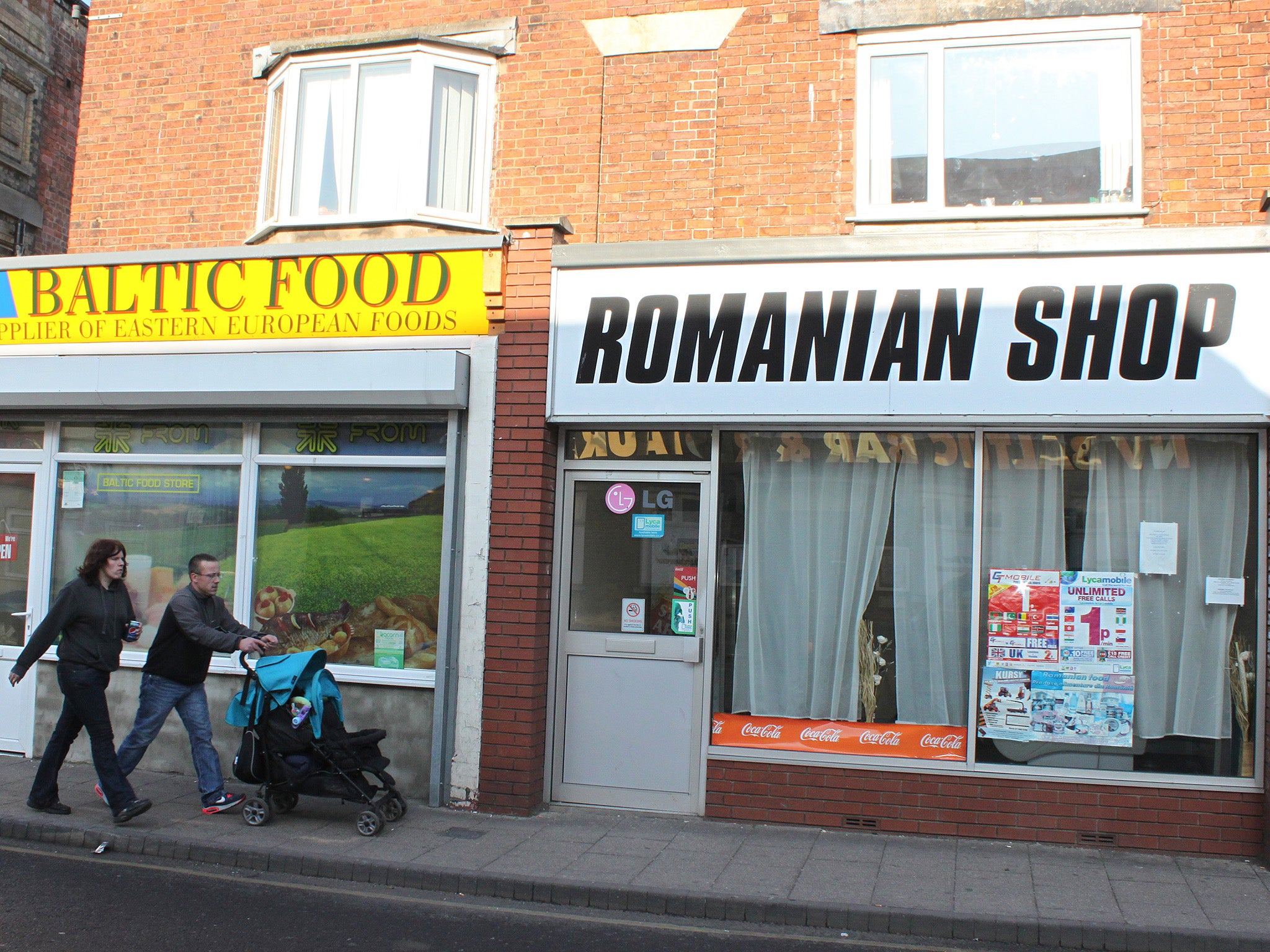Brexit: How a sharp fall in migration risks damaging the economy
Our analysis indicates that Brexit-induced reductions in migration – just like Brexit-induced reductions in trade – are likely to be significant, and to have negative economic consequences

When the Treasury published its analysis of the long-term economic impacts of Brexit, back in April, my first reaction was to say “well, this is fine as regards the impacts of Brexit on trade and investment, but what about immigration?”
As I pointed out then, from a conceptual point of view, the problem is very similar – first you have to estimate the impact of Brexit on trade (or investment, or immigration) and then you have to estimate the impact of changes in trade (or investment, or immigration) on growth and productivity.
The Treasury dodged this issue.
Today I and my colleague Giuseppe Forte publish our attempt to fill this gap.
And we do for migration pretty much exactly what the Treasury and others did for trade.
In a new paper prepared for the Oxford Review of Economic Policy/British Academy conference on the economics of Brexit:
• We estimate the determinants of migration from other EU countries to the UK.
• We construct illustrative scenarios (not forecasts) for the impact of Brexit on migration to the UK over the medium to longer term, taking into account macroeconomic drivers and the impact of both the prospect of Brexit and future modifications to free movement.
• We briefly summarise the literature on the economic impact of migration to the UK on employment, wages and (using cross-country evidence) growth.
• Using this existing literature, we provide estimates of the economic impacts of Brexit-induced reductions in migration.
The bottom line is that we estimate that Brexit (a combination of the direct and indirect impacts of the vote itself, and subsequent changes to policy) will reduce migration from the EU to the UK very substantially; by more than half in our central scenario.
We then translate this into impacts on growth and wages drawing on a range of UK and international evidence.
We estimate that over the period to 2020, the resulting in GDP would be about 0.6 to 1.2 per cent, with a GDP per capita reduction of 0.2 to 0.8 per cent.
Over the period to 2030 – the period covered by the analyses published by HM Treasury, the OECD, and NIESR - the hit to GDP per capita could be up to 3.4 per cent, a similar order of magnitude to the impact from falls in investment and trade found by these studies.
Under an extreme scenario – a “hard Brexit” – it could be larger.
By contrast, the increase in low-skilled wages resulting from reduced migration is expected to be relatively modest – perhaps 0.5 per cent.
What should we make of this?
I think there are three important points to make:
Our analysis indicates that Brexit-induced reductions in migration – just like Brexit-induced reductions in trade – are likely to be significant, and to have negative economic consequences.
We will probably be poorer.
But the impacts should not be overstated nor exaggerated; the consequences will be neither insignificant, nor disastrous.
Secondly, numbers should be regarded as indicative, not as point estimates or “forecasts”.
Just as it was absurd – and self-defeating –for George Osborne to say that “Britain would be worse off, permanently so, and to the tune of £4,300 a year for every household” it would be silly to claim that our analysis shows that Brexit-induced reductions in migration would make us “£X poorer”.
Our estimates are a contribution to the debate, with lots of uncertainty, and should be treated as such.
Nevertheless, one important substantive point remains.
The framing of the Brexit debate – that we are somehow “trading off” the economic benefits of the Single Market against the downsides of free movement – is wrong.
Restricting trade, capital flows and immigration – reducing the openness of the UK economy - all have negative economic impacts.
If we want to make an (economic) success of Brexit, that will mean making openness – to migration as much as trade –a priority in our policies with respect both to the EU and the rest of the world.
Jonathan Portes is Research Fellow at the National Institute of Economic and Social Research
Join our commenting forum
Join thought-provoking conversations, follow other Independent readers and see their replies
Comments
Bookmark popover
Removed from bookmarks